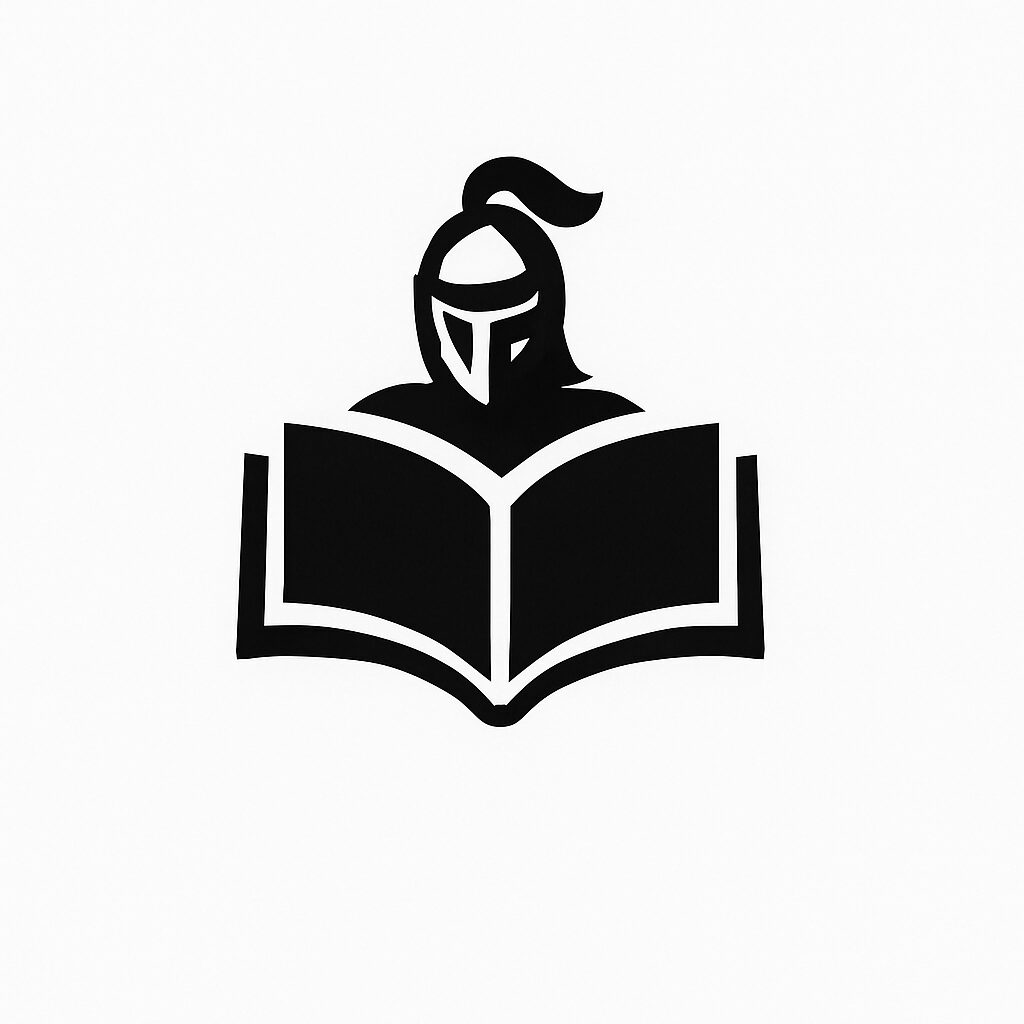Coffee does something weird to your brain. Not just the obvious jolt you feel fifteen minutes after your first sip, but the way it reshapes how you process ideas and tackle problems throughout the day.
The science behind it is pretty straightforward. Caffeine blocks adenosine receptors in your brain. Adenosine makes you sleepy, so when coffee stops it from doing its job, you stay alert. But there’s more going on than just staying awake.

Your working memory gets a boost. You know that thing where you’re trying to hold multiple thoughts at once while solving something? Coffee helps with that. Studies show moderate caffeine consumption improves short-term recall and the ability to juggle information mentally. It’s not magic, but it’s real.
Then there’s the focus aspect. Without coffee, my mind wanders constantly. With it, I can actually finish reading an article without checking my phone three times. The dopamine release that comes with caffeine plays a role here. Your brain gets better at filtering out distractions and zeroing in on what matters. Sort of like turning down the volume on background noise.
But here’s where it gets interesting. Coffee doesn’t just make you think faster or stay focused longer. It changes the type of thinking you do.
Creative problem-solving improves with moderate doses. Maybe because caffeine increases activity in the prefrontal cortex, where abstract thinking happens. Or maybe it’s just that you’re alert enough to notice connections you’d otherwise miss. Either way, coffee drinkers tend to approach problems from different angles. More lateral thinking, less linear grinding.
The timing matters though. Drinking coffee first thing in the morning isn’t actually optimal. Your cortisol levels are naturally high when you wake up, so you’re already alert. Wait an hour or two, and you’ll get more bang for your buck. Mid-morning coffee hits different because that’s when your natural energy starts dipping.
And let’s talk about the ritual aspect. The act of making coffee, the smell, the warmth of the cup in your hands… these things prime your brain for work. It’s psychological conditioning. Your mind knows what comes next. This routine creates a mental trigger that says “time to think clearly.”
There are limits, obviously. Too much coffee and you tip into anxiety territory. Your thoughts race instead of flowing. You can’t concentrate because you’re jittery and distracted by your own heartbeat. The sweet spot for most people is around 200-400mg of caffeine per day. That’s roughly two to four cups, depending on how strong you brew it.
Some people metabolize caffeine faster than others, which is why your friend can drink espresso at 9 PM and sleep fine while you’re wired until 2 AM from afternoon coffee. Genetics play a huge role in how coffee affects your thinking patterns.
The bottom line? Coffee is a tool. It won’t make you smarter, but it can make you think more efficiently. Better focus, improved memory, enhanced creativity… these benefits are real and measurable. Just don’t expect miracles from your morning cup, and definitely don’t overdo it.
Your brain on coffee is sharper, quicker, and more engaged with the world around it.
FAQ
When’s the best time to drink coffee for mental clarity?
Wait 1-2 hours after waking up. Your cortisol is already high in the morning, so coffee around 9-10 AM works better than right at 6 AM. Afternoon coffee around 1-3 PM can help beat that post-lunch slump.
How long does coffee actually affect your thinking?
Peak effects hit around 30-60 minutes after drinking. The cognitive boost lasts about 3-5 hours for most people, but it depends on your metabolism. Some people clear caffeine faster than others.
Can you build tolerance to coffee’s mental benefits?
Yeah, you can. Regular drinkers need more coffee to get the same effect over time. Taking breaks every few weeks can reset your tolerance. Or just cycle your intake instead of drinking the same amount daily.
Does the type of coffee matter for brain function?
Not really. Espresso, drip, cold brew… they all have caffeine. What matters is the dose. A double espresso has about the same caffeine as a regular cup of drip coffee. Just pick what you actually enjoy drinking.
What if coffee makes me anxious instead of focused?
You might be drinking too much or you’re sensitive to caffeine. Try cutting your dose in half. Or switch to tea, which has less caffeine plus L-theanine that smooths out the jittery feeling. Not everyone’s brain responds well to coffee, and that’s fine.




